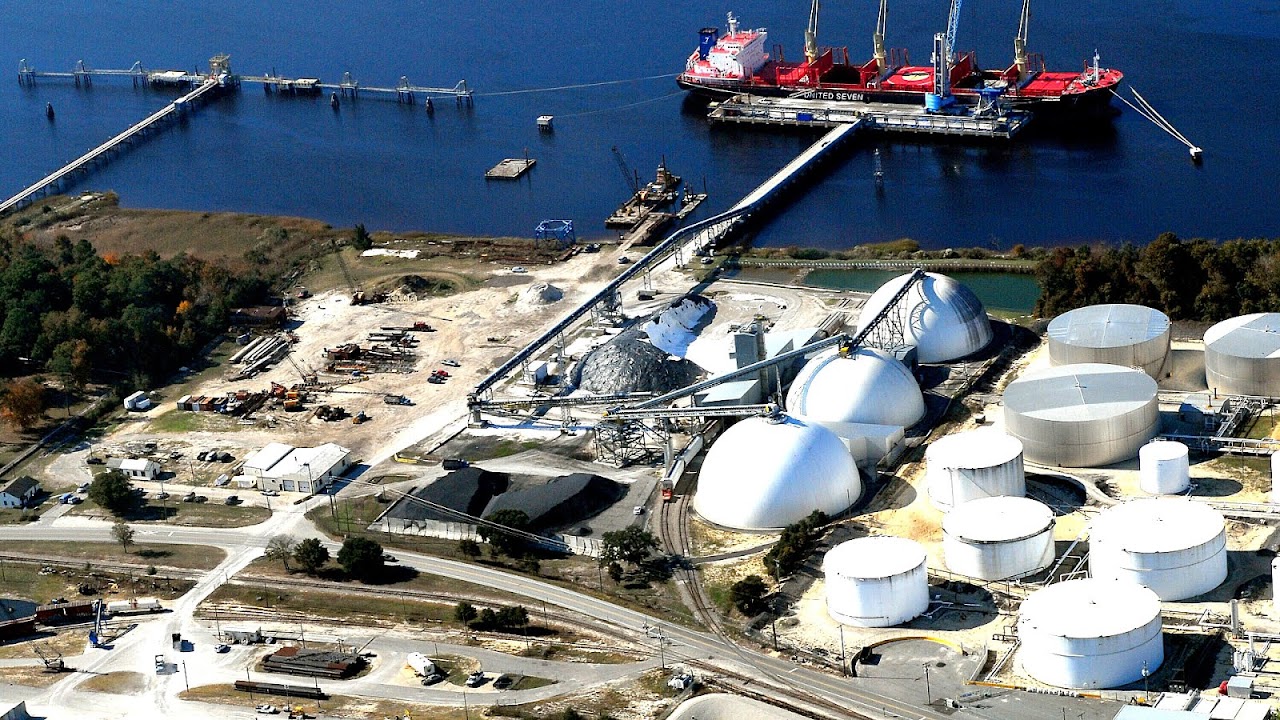
The Marine Air Terminal ("Terminal A"), located at New York City's LaGuardia Airport, is the only active airport terminal dating from the first generation of passenger travel in the United States, a.k.a. the "Golden age of the flying boat." Originally built to handle seaplanes, the Marine Air Terminal, an Art Deco building designed in 1939 by William Delano of the firm Delano & Aldrich, consists of a central circular core of two stories with an attic, from which a rectangular entrance pavilion and two symmetrically opposed one-story wings project. In LaGuardia Airport's overall terminal naming scheme, the Marine Air Terminal is called "Terminal A".
The terminal has been listed in the National Register of Historic Places since 1982.

Maps, Directions, and Place Reviews
Historical use
By the early 1930s, commercial airlines and airports began to be developed in the United States as a result of the Federal government's use of private contractors for postal transport, inspired by Charles Lindbergh's famous transatlantic flight in 1927. New York was in dire need of a new airport by 1934 when Fiorello H. La Guardia was elected mayor. Plans for the airport, which was to be federally sponsored and funded through the Works Progress Administration (WPA), were approved by President Franklin D. Roosevelt on September 3, 1937.
Just six days later, the Mayor presided over groundbreaking ceremonies and construction proceeded rapidly. At 558 acres (226 ha) and with nearly 4 miles (6.4 km) of runways, the $40,000,000 airport was the largest and most expensive in the world to that time. New York Municipal Airport-LaGuardia Field opened on October 15, 1939 and the Marine Air Terminal was dedicated in March 1940.
The first flight from the Marine Air Terminal by a Pan American Clipper departed on March 31, 1940, carrying a crew of 10, nine passengers and over 5,000 pounds (2,300 kg) of mail. It landed in Lisbon, Portugal 18 hours and 30 minutes later. The Pan American Clippers - with a wing span of 152 feet (46 m), a cruising speed of 200 mph (320 km/h) and a capacity to carry 72 passengers - were luxurious. The two-deck interior featured dining rooms, private compartments and sleeping sections.
However, the glamorous era of the Clippers was brought to an abrupt halt by the outbreak of World War II. By the end of the war, technological advances in airplane design had made the Clippers obsolete and the Marine Air Terminal was converted for the newer airplanes and was used mostly for non-scheduled airlines. The terminal was closed for airline traffic in the 1950s (though it was still used as a waiting area for passengers who were bused to the main terminals) and it fell into a state of disrepair. In 1966, it was renovated and reopened as a terminal for corporate jets.
Marine Terminal Video
Current Use
Since 1985, the terminal has been used primarily for shuttle services between New York and Boston and Washington D.C. In 1985, Pan American World Airways began the Pan Am Shuttle service between New York and Boston from the Marine Air Terminal. In 1987, the company took advantage of the terminal's proximity to water and started a water taxi between Wall Street and the terminal to attract customers from the Eastern Shuttle which operated from the landside terminals at La Guardia Airport. Delta Air Lines acquired the service from Pan Am in 1991 and continues to use the terminal for operating the Delta Shuttle (including their services to Chicago). Several commuter airlines, air taxis, private aircraft, Sheltair Aviation Services (a fixed-base operator), and the Federal Aviation Administration Contract Weather Observatory for the airport also use the terminal.
On August 12, 2009, it was announced as part of a slot-swap transaction that Delta Air Lines would vacate the terminal, with US Airways commencing service with their US Airways Shuttle operation starting in early 2010. This, however, did not take place and Delta continues to operate the Delta Shuttle from the Marine Air Terminal at the present time.

Mural
Inside the terminal hangs "Flight," a mural measuring 12 feet (3.7 m) in height and 237 feet (72 m) in length, the largest mural created as part of the Great Depression-era Work Projects Administration (WPA). Completed by James Brooks in 1940, "Flight" depicts the history of man's involvement with flight.
The mural was painted over without explanation by the Port Authority of New York & New Jersey in the 1950s, possibly because some saw left-wing symbolism in it. After an extensive restoration project headed by aviation historian Geoffrey Arend, the mural was rededicated on September 18, 1980.
Source of the article : Wikipedia


EmoticonEmoticon